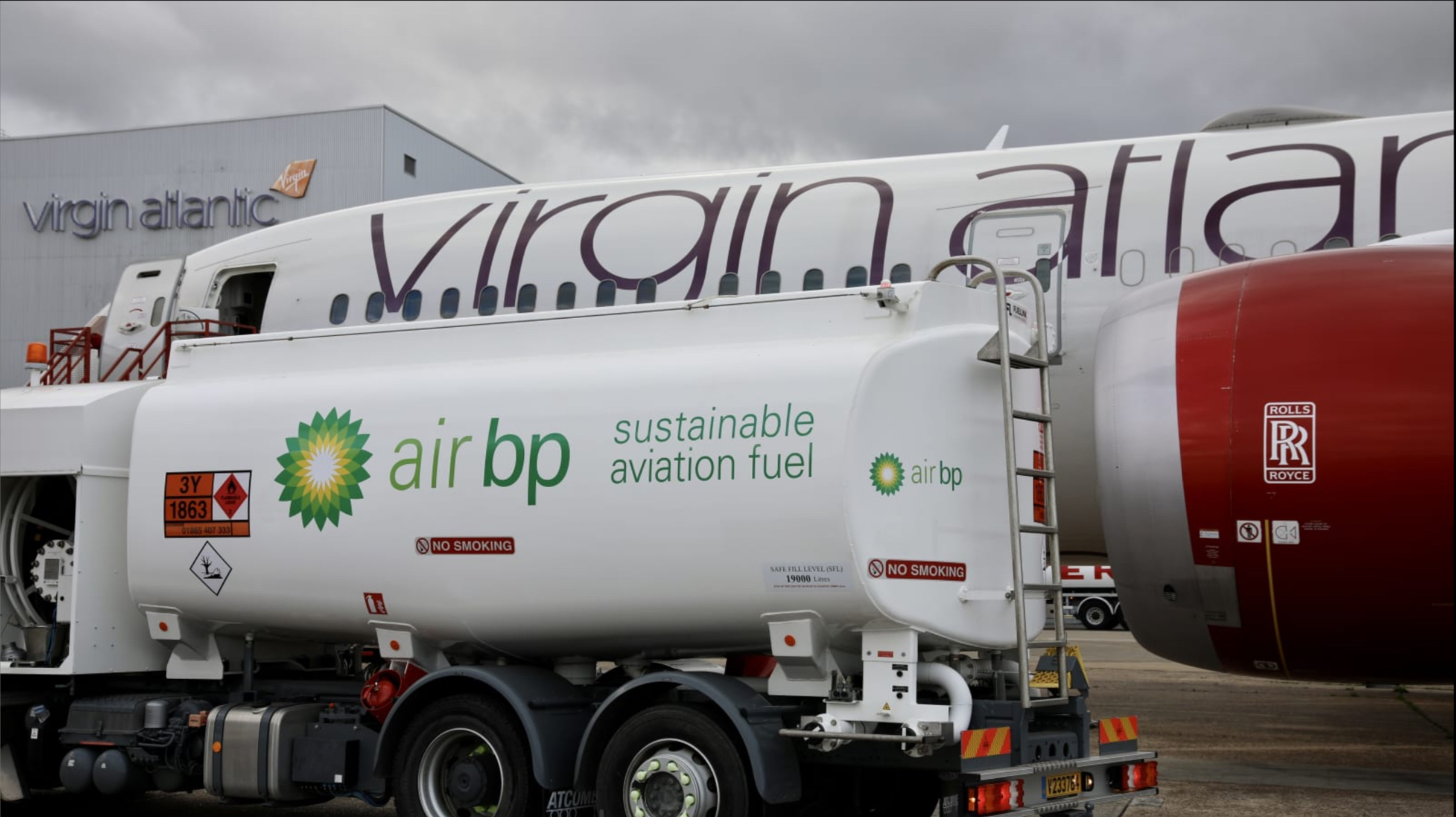By Jamila Talishli, Year 12
As the global population is becoming increasingly aware of the environmental consequences of meat consumption, alternative diets like vegan and vegetarian ones are gaining popularity. Most people decide to embrace these lifestyles not only for health or personal reasons, but also to reduce their ecological footprint. Both diets have been praised for their potential in reducing the environmental impact, but to what extent is this true?
One major benefit of a plant-based diet is that it prevents livestock farming, which is a major contributor to greenhouse gas emissions, particularly methane. By eliminating meat consumption, vegan and vegetarian diets can significantly reduce carbon footprints. Animal agriculture also uses a huge amount of water. Producing just a pound of beef can require thousands of gallons of water, while plant-based alternatives require much less. By adopting a vegan or vegetarian diet, water consumption can be reduced up to 55%.
Next, livestock farming takes up about 80% of agricultural land, so large-scale animal farming has led to massive deforestation and habitat destruction. In contrast, crops occupy only 23% of habitable land, so switching to a plant-based diet largely reduces the demand for pastureland, preserving ecosystems and biodiversity. Animal agriculture also contributes to water pollution through the use of chemical fertilizers, pesticides and manure runoff. Meat processing also requires a significant amount of energy-producing just one pound of beef uses about 31.5 kilowatt-hours of energy, while plant based protein sources are much more energy efficient.
However, vegan and vegetarian diets often rely heavily on monoculture farming, which is the practice of growing one crop species in a field at a time, which depletes soil nutrients rapidly and leads to soil degradation, erosion, and a habitat loss for wildlife. Also, many staple plant-based foods, such as avocados, quinoa, and tropical fruits, are often imported from distant locations, contributing to greenhouse gas emissions through their transportation.
In addition, large-scale vegetable and grain production often rely on synthetic fertilizers and pesticides, which can be extremely toxic and harm the soil health as well as the water quality. It can also be challenging to source all the necessary nutrients required for a healthy lifestyle on a vegan or vegetarian diet, so these diets may require a reliance on supplements or foreign foods. These supplements are mass-produced and can have a negative environmental impact, as well as increasing their reliance on imported foods.
In conclusion, while these plant-based diets generally have a positive environmental impact, it is also important to consider the challenges. While reducing meat consumption can reduce the negative impacts of meat production, sustainable practices in both plant and animal practices are important in the overall environmental health. It is important to consider factors like sustainable farming practices, local sourcing, and also balanced nutrition to fully maximize the positive impact on the environment.



